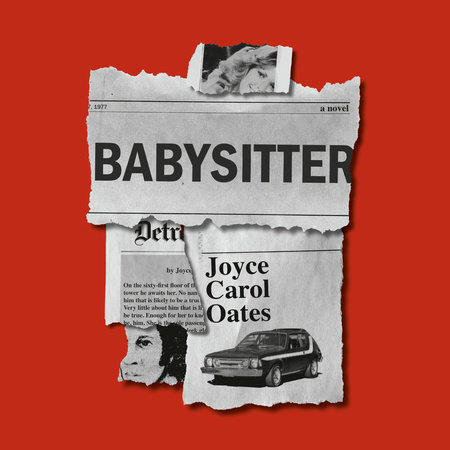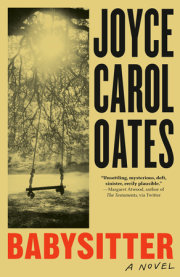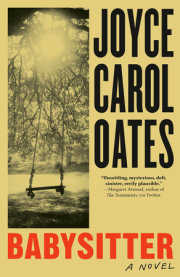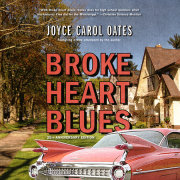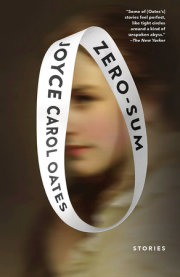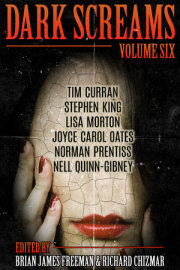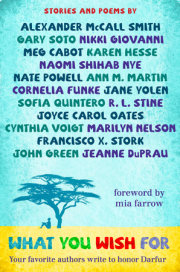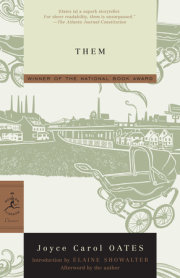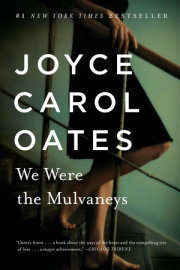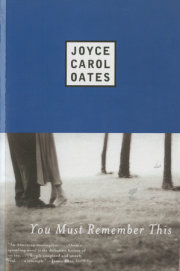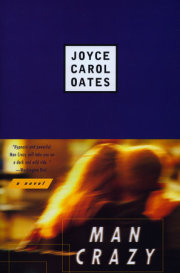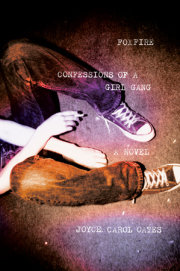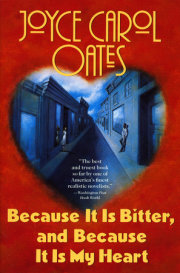Do Not Disturb
On the sixty-first floor of the hotel tower he awaits her.
No name for him that is likely to be a true name. Very little about him that is likely to be true. Enough for her to know—
he, him.
She is the sole passenger in the elevator, which is a sleek glass cubicle rising rapidly and silently into the atrium as into the void.
Below, the crowded hotel lobby sinks away. Beside her, open floors and railings fly downward.
A sleek new way of
elevating, so different from the larger, slower-moving, cumbersome elevators of her childhood.
In those elevators, often there were uniformed operators who wore gloves. In elevators like these, you are your own operator.
Lingering in the elevator a faint aroma, is it cigar smoke?
It is December 1977. Smoking in the public areas of private hotels has not yet been banned.
She feels a thrill of vertigo, nausea. Cigar smoke as faint as memory. She shuts her eyes to steady herself.
Her sleek Italian leather handbag, she carries not slung from her right wrist as usual but carried snug beneath her right arm, and steadied and supported by her left hand, for it is perceptibly heavier than usual.
Still, the handbag is so positioned that its gleaming brass label shines outward—
Prada.
By instinct, unconscious, vanity’s gesture even on this day—
Prada.
Is this the final day of her life, or is this the final day of
a life?
Of course she has memorized the number: 6183.
Could be a tattoo at her wrist. His claim on her.
Claim. Doom. She is not a poet, she is not a person adroit or comfortable with words, yet these words seem to her soothing like smooth cool stones laid over the shuttered eyes of the dead to bring them peace.
His room. In fact it’s a suite, two spacious rooms overlooking the Detroit River where he stays when he visits Detroit.
Though it is possible that he has different rooms for different visitors.
She would not know this, he has never confided in her.
At the sixty-first floor the cubicle stops with a hiss and a mild jolt. The glass door slides open, she has no choice but to step out. Something has been decided, she has no choice.
Gripping the handbag beneath her arm.
Has she no choice?
Wondering is he awaiting her, near the elevator? Eager for her arrival?
She doesn’t see anyone. In neither direction, any human figure.
You can still turn back.
If now, no one will know.
Facing the row of elevators, a glass wall overlooking the riverfront, the river, a fierce white sun. A foreshortened view of Woodward Avenue far below, soundless traffic.
Why isn’t clear.
Why she has come here, risking so much.
Never ask
why. The challenge is the execution—
how.
Making her way along a windowless corridor following the room numbers in their ascent: 6133, 6149, 6160 . . . So slowly do the numbers rise, she feels a thrill of relief, she will never arrive at 6183.
Underfoot a thick plush carpet, as rosy as the interior of a lung. The far end of the corridor has dissolved. Closed doors to the horizon diminishing in size as they approach infinity.
No reason for her to approach 6183 simply because the person awaiting her inside the room has summoned her, if she wishes she can turn back.
. . . as if you’ve never been here. Never left home. Who would know? No one.
Yet, she doesn’t turn back. Feels herself drawn forward inexorably.
If you inhabit a riddle the only way to solve the riddle is to push forward to the end.
As the sleek glass cubicle ascended swiftly and unhesitatingly to the sixty-first floor, so she makes her way to the suite that is
his.
A faint odor of cigar smoke in her hair, in her nostrils that pinch with nausea so remote as to be merely residual, memory.
What is she wearing? A costume she has chosen with care, white linen is always discreet, a silk shirt, red silk Dior scarf gaily at her throat.
Elegantly impractical high heels, Saint Laurent kidskin sinking into the carpet. If she must suddenly turn and run, run for her life, the tight-fitting shoes and the carpet will impede her.
One of those dreams in which she is a child again. She runs, runs. Her feet sink into something like sand, soft-seeming but not
soft.
Never making any progress. Each time she has run.
Each time,
he looms behind her. Daddy’s strong hands threaten to seize her, lift her by her ribs . . .
A man’s claim, a doom.
The room numbers accelerate. It is a fact of life to which we never quite adjust ourselves, how
out there moves at its allotted speed, no matter our wishes
in here.
Approaching 6183 she begins to shiver. It is always the same, she has been here before, that vibrating sensation of a vehicle that is being driven too fast, dangerously fast, in blinding rain, through deep puddles lifting like waves rushing over the windshields.
The nape of her neck rests against a very cold stainless steel table, there is a drain just beneath. Her eyes stare open, unseeing. Only when your eyes are unseeing do you see
all.
Yet, she presses on. In the Saint Laurent heels it is still December 1977, she has not yet entered the room for the final time. She is determined that she will come to the end of the riddle.
The brass plaque on the doorframe is 6183, each time it has been 6183.
And the sign hanging from the doorknob, scripted silver letters on lacquered black—the identical warning sign:
privacy please!
do not disturb
I Am I
am a beautiful woman, I have a right to be loved. I am a desirable woman, I have a right to desire. When We Died W
hen we died, our (beautiful) (naked) bodies became inert matter. When we died, our final, strangled screams were trapped in our throats. (It would be said that, if you lay beside us in death and if you put your ear to our throats, and if you were worthy, you could hear a faint echo of this final scream.) When we died, our torment ended. For mercy awaits us all. When we died, none of you who had begat us were anywhere near. When we died, we died alone, in terror. Because you were nowhere near. When we died, ask yourself why did you have children if you don’t love us. Ask why. But when we died, our bodies were prepared lovingly for death as none of you would have prepared us. When we died, our bodies were carefully bathed, the smallest bits of dirt removed from every crevice of our bodies and from beneath our (broken) fingernails, and the fingernails cut with cuticle scissors, rounded and even; as our hair was washed with a gentle shampoo, combed and neatly parted in such a way to suggest that whoever had so tenderly groomed us postmortem had not known us “in life.” When our bodies were cleansed and as pure as our souls, we were lovingly “memorialized”: photographed. Where the human eye would betray us and soon forget us, the Eye of the Camera would render us immortal.
Copyright © 2022 by Joyce Carol Oates. All rights reserved. No part of this excerpt may be reproduced or reprinted without permission in writing from the publisher.

